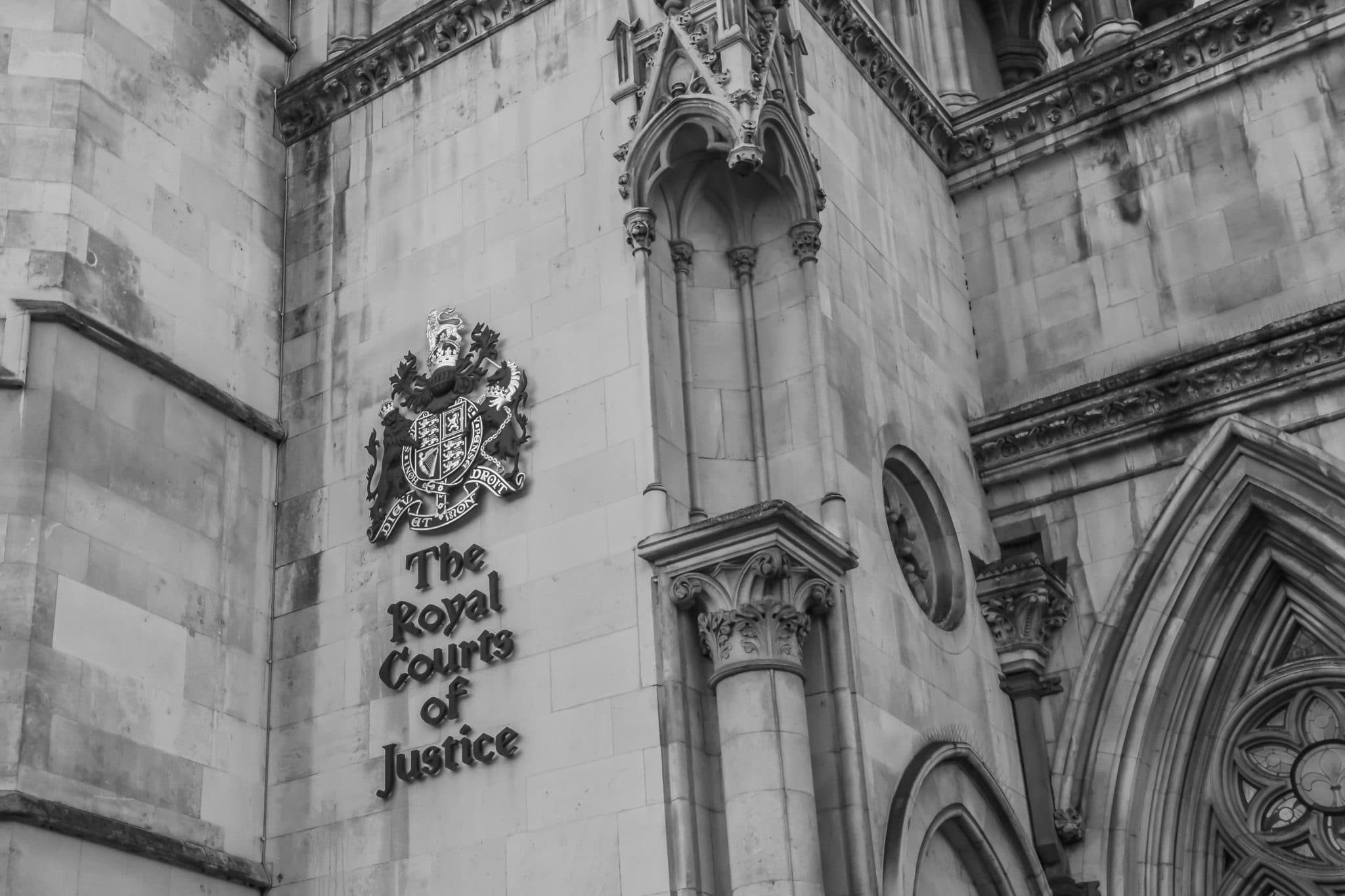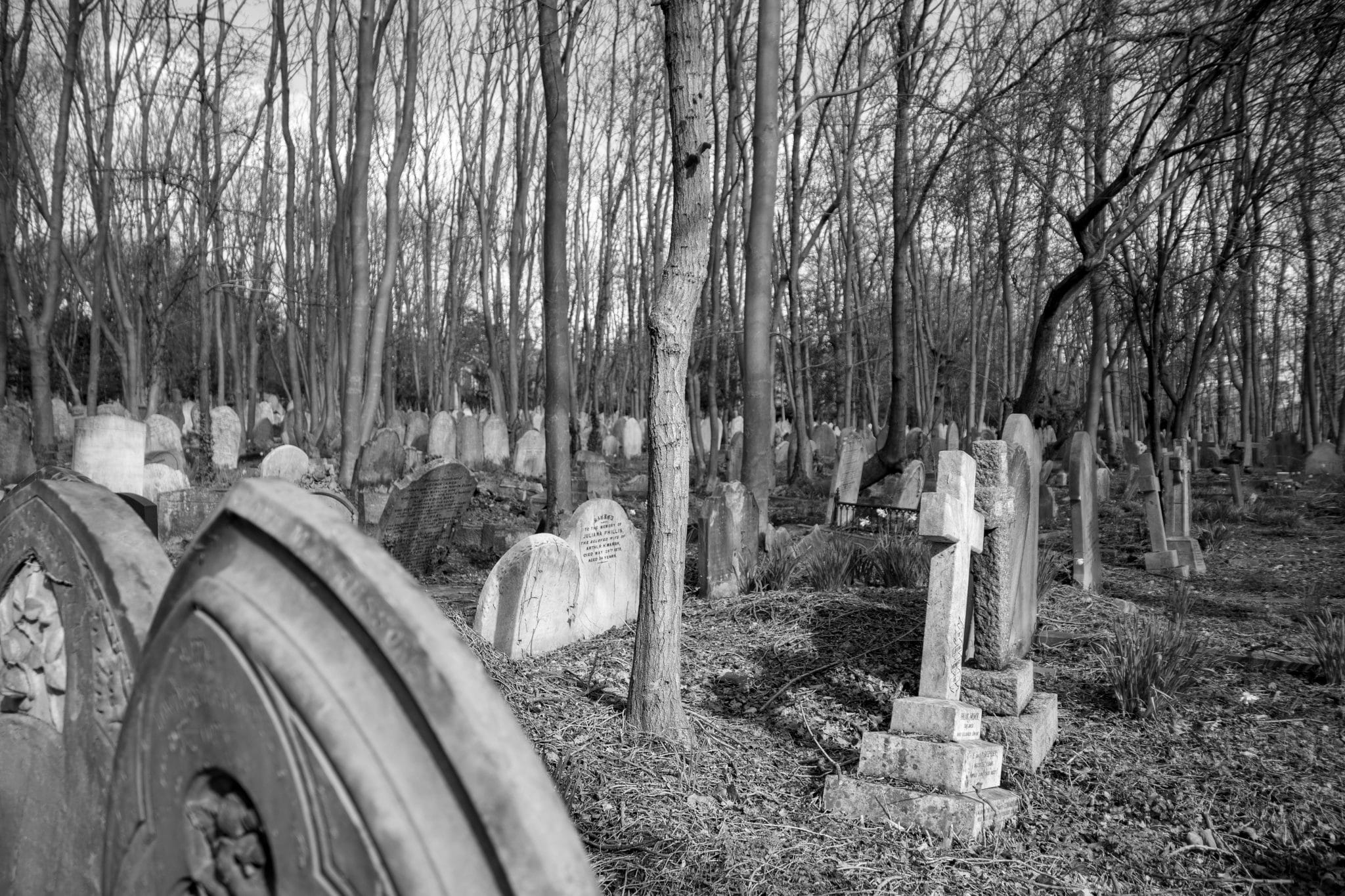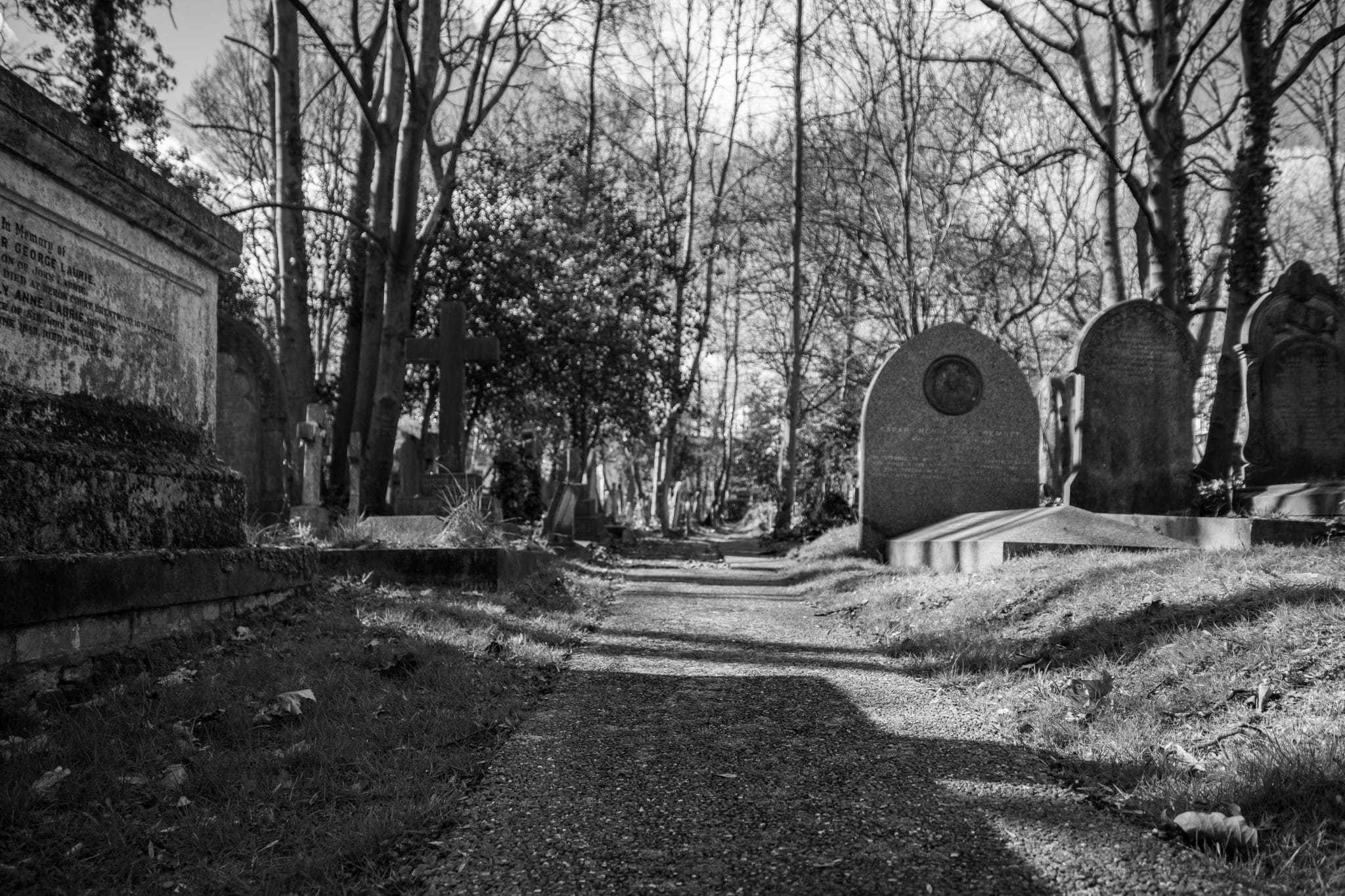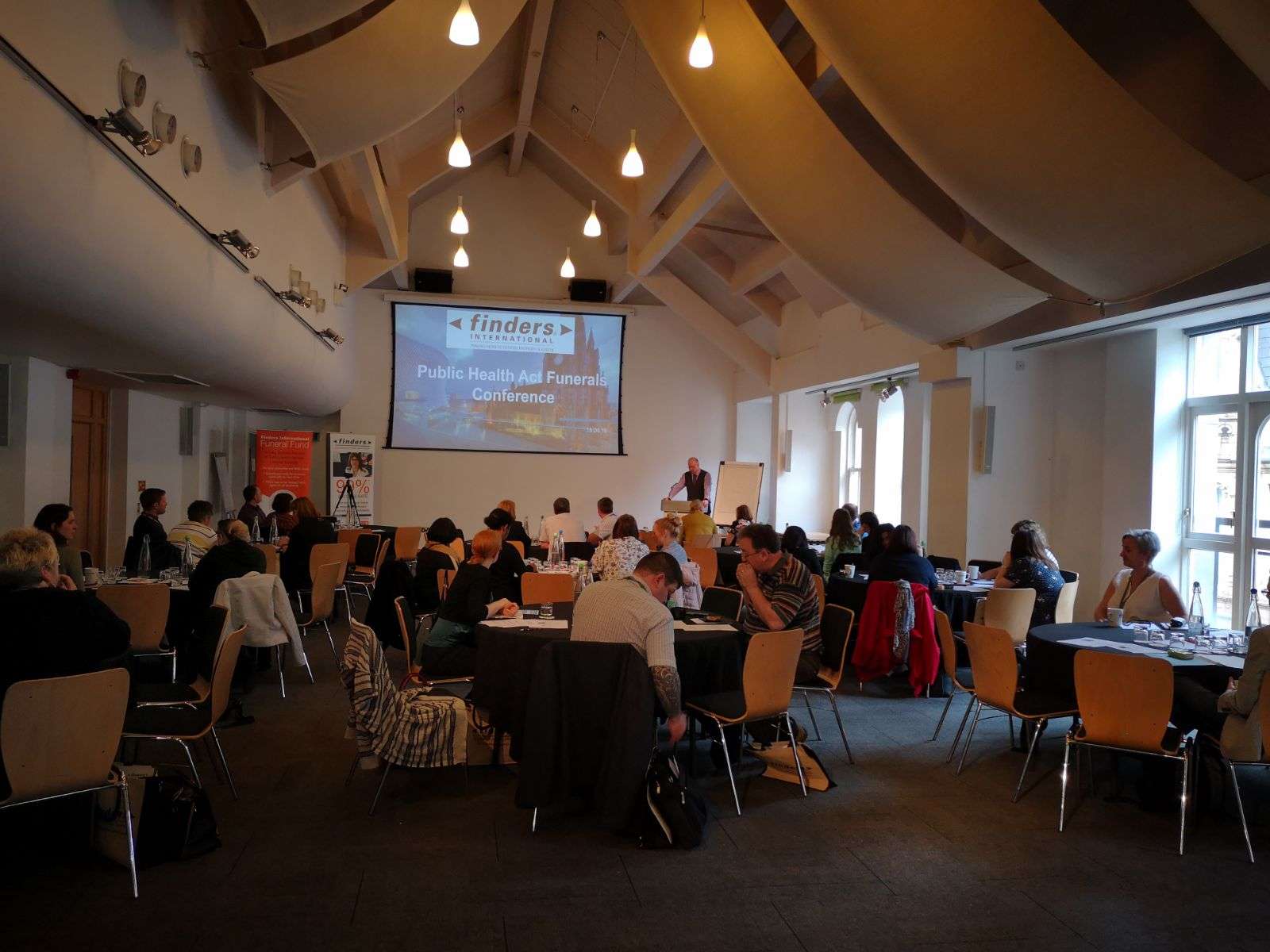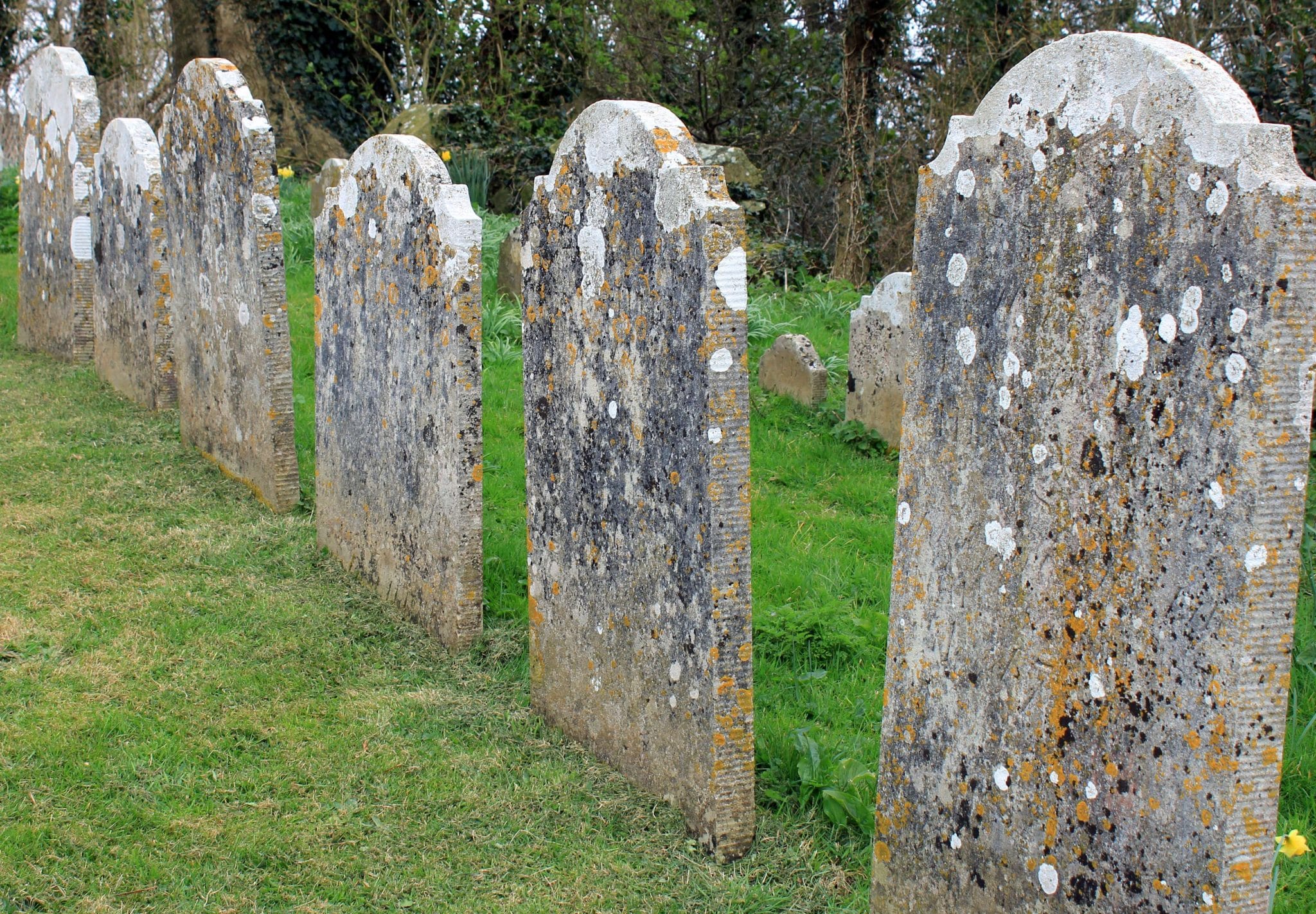Still referring to the GLD?
Barrister disagrees with legal analysis in Anglia Research Local Authority Report on referrals by Local Authorities to the GLD
Advice obtained by Finders International from Barrister James Neill of Landmark Chambers, finds that:
- Local authorities have the power to refer details of an individual who has died intestate without known next of kin to probate research company;
- There is no obligation in any guidance issued by the BVD which requires local authorities to refer unclaimed estates to the BVD
This follows a document published in 2018 entitled "Local Authorities and Heir Hunters: Myths, Misunderstandings and Unintended Consequence". The legal opinion obtained sets out, in detail, why Local Authorities have every right to refer cases to a Probate Genealogy Company, such as Finders International, and that guidance issued by the GLD (Government Legal Department) or BVD (Bona Vacantia Division) does not require the authority to refer cases direct to them.
The document goes on to look at implications for contracts under tendering and procurement legislation and concludes that
- Any such referrals if made on an ad hoc basis and informally without payment are unlikely to be considered public services contracts or concessions for the purposes of the 2015 PCRs or CCRs
Danny Curran, MD of Finders International, said that "this document provides clear advice to all Local Authorities who wish to work with Probate Genealogists". He went on to add "we believe that by using the services of a company such as Finders International, it not only saves time for Local Authorities but can have significant cost savings too. At a time when Local Authority budgets are being stretched to unprecedented levels we are here to help ease the burdon on the public purse".
Copies of the advice are available on request from Finders International.
Why are Local Authorities lumbered with caretaking properties?
With housing stock in short supply and Councils’ budgets under pressure, Danny Curran of Finders International says the Government is sitting on hundreds of empty dwellings while leaving local councils with the bill of maintenance.
In my line of business, as a professional probate genealogist, I am often asked: What happens to ‘ownerless properties’ i.e. when there is no next of kin to inherit them? In these situations the property reverts to the Crown, or in reality to the Bona Vacantia division of the Government Legal department. According to the Government Legal department website, “if an asset becomes bona vacantia it belongs to the Crown. The Crown does not have to deal with it in any particular way, but normally an asset will either be disclaimed or sold for full market value.”
The issue that my team at Finders International has uncovered in recent years is that some local councils seem to be lumbered with the on-going maintenance costs of these empty ownerless properties despite alerting the Government Legal Department’s Bona Vacantia division that the property has reverted to the Crown. This period of ‘inaction’ by the Government Legal Department appears to be expanding with some councils left to maintain ‘empty, ownerless properties’ for up to two years.
In November 2016 Harrow Council notified the Bona Vacantia division that the ‘ownerless’ property of the late Pamela Smith* has reverted to the Crown. However two years later, Harrow Council is still bank rolling the maintenance of the empty £600,000 property including paying the insurance for the property.
Ms Y Subotic, Client Finance COP/POP Officer at Harrow Council said: “These empty ownerless properties create an inevitable cost on the council’s already stretched resources. Although we are legally bound to monitor and maintain the upkeep until the Crown’s Bona Vacantia division takes steps and deals with administering the deceased’s estate, it comes with unavoidable costs for service provision and staffing that are levied at the council. In this particular case, Bona Vacantia’s administration of the deceased’s estate has lasted over two years. We now find ourselves in a unique uncertain state that is highly improper and unsuitable. The current wait time for Bona Vacantia’s administration of a deceased’s estate is unreasonable and ambiguous at best, costing our local authority in excess of £3,000 a year.”
Norwich City Council reports a similar situation. It is currently tasked with maintaining a property of the late Mr. Good*, who died intestate (no Will) and has no eligible next for kin to inherit it. Almost two years on, the Bona Vacantia division has still not dealt with this property, valued at around £160,000.
Despite in excess of 200,000 long-term empty dwellings in England recognised as a scandal by Local Government Minister, Rishi Sunak, the Government’s own legal department appears to sit on empty properties around the country that could in fact be sold or used as housing stock.
Every year, on behalf of local councils, we identify around 100 cases of estates that have no next of kin. At an absolute minimum we estimate that at least a third of councils in England have at least one ‘ownerless’ property that it is currently shedding out money to maintain and insure.
We all know that empty properties can have a negative impact on communities through squatting, vandalism and anti-social behaviour. Surely these properties should be put back into circulation or sold to release finances in a more expedient manner. Come on Bona Vacantia division - you can do better!
For the latest list of unclaimed estates in England and Wales visit: https://www.bonavacantialist.co.uk/
*Names changed to protect identities/property
Statutory regulation for the Funeral Industry draws closer
As reported on the Funeral Service Times website, the National Association of Funeral Directors have given their backing to tighter regulation of the industry following the Competition and Marketing Authority's investigation into practice in the funeral industry.
However they oppose any form of price regulation as mentioned in the CMA's interim report last November, stating that "price caps will do nothing to assist funeral affordability for the poorest in society".
Read more in the article on the Funeral Service Times Website
Changes to Grants of Probate Certificates
From today (Monday 4th March) HMCTS will be issuing new style Grant of Probate certificates, old style certificates will still be valid.
The new certificates have counter-fraud measures designed to clamp down on misuse of the forms. These include the addition of a hologram, a digital seal, a digital signature and a validation telephone number for people to call.
Click on the link below to see what has changed and what to expect from the new forms.
Rise in Public Health Funerals puts even greater pressure on hard pressed local authorities
A recent survey of 70% of local authorities revealed that almost £5.5m was spent on Public Health Funerals in the year ending April 2018. During this period in excess of 3,800 people received a Public Health Act (PHA) funeral from a local authority.
Almost a third of these funerals were arranged as a result of bereaved families not being able to afford the cost of the funeral.
275 of 390 authorities responded to the survey, conducted by Royal London, meaning that a further 30% of local authorities, and therefore their expenditure on public health funerals, are not accounted for in these figure.
The cost of PHA funerals has also risen by 3.5% compared to 2017. This comes at a time of decreased central government funding for local authorities - forcing them to seek alternative ways of funding the increase.
The average cost for the local authority is reported at £1,403.00, though costs can be higher or lower depending on the authority.
David Lockwood, public sector development manager for Finders International and former local government officer responsible for PHA funerals said that the rise in costs did not surprise him.
“Having spoken to many former colleagues, I knew that the number of funerals is on the rise. It’s not surprising given how difficult it is to get any state aid from the DWP (Department for Work and Pensions)”.
It’s over 30 years since the law in England and Wales was changed and legislation in Scotland dates back to 1948. “Local authorities need more clarity on their role - what they can and cannot do.”
“Practice varies across the country with some authorities allegedly banning relatives from funerals while others strive to ensure they are inclusive. Staff undertaking these funerals are under pressure to keep costs down, but they all care and are committed to providing the deceased with a service that is respectful and dignified.”
Mr Lockwood is calling on central government to look at the problem and find solutions as quickly as possible.
While local authorities are entitled to recover costs under legislation; some struggle to do so with their workloads. Many local authority staff report difficulties in obtaining funds from banks that hold cash belonging to the deceased.
Danny Curran, Managing Director of Finders International, said: “Local authorities can turn to companies like us, Finders International, for help in tracing next of kin. We offer a free and efficient service to try and trace next of kin so that hard pressed local authorities don’t have to take on the financial burden.”
Finders International has a record of assisting local authorities. All local authorities are eligible to access the Finders International Funeral Fund, a charitable fund that supports councils when a deceased has no estate and no known next of kin. Finders also offers free conferences and website support to local authorities undertaking Public Health Act Funerals.
London PHA Funeral conference, a huge success
Wednesday 28th November – Delegates hail conference a huge success.
The Finders International London PHA Funerals Conference took place at the Park Plaza, Waterloo. Delegates from across England and Wales gathered to discuss the issues that affect every council who undertakes Public Health Act Funerals.
Those attending heard from speakers on a wide range of subjects such as dealing with bereavement, funeral poverty, the changing face of funerals and what happens at a coroners inquest.
The event, the second of the year and first to be held in London, will be run annually by Finders International as part of the ongoing support provided to hard pressed local authorities. One local authority officer attending said that the event means that he will be "meeting other people and, obviously, making touch with all the agencies..and all the speakers here today".
David Lockwood, the Public Sector Development Manager from Finders International said "the event gives us a chance to give something back to local authorities, to support them and help them support each other in these difficult times for the public sector" he continued "this shows our commitment to the public sector , to provide high quality training and resources and to provide continued assistance".
Finders will announce the date of next years (2019) conference soon, so please keep an eye out on this website for details.
Should you wish to be notified of the event please contact Kirsty How - [email protected]
London PHA Conference - Presentations
Presentations from the London Public Health Act Funerals Conference:
London PHA Conf - Quakers Down to Earth
London PHA Conf - Inquests (Notes)
Network Meeting - Northampton - 11/09/2018
Brief notes from the event
20180911 Northampton Network Meeting
Daily Mirror highlights Funeral Poverty issues
The Daily Mirror has recently highlighted the growing issue of Funeral Poverty and how it can affect individuals.
The article, published on the 10th July, highlights the issues that surround the death of a loved one and the problems it can leave bereaved families with the rising costs of funeral provision.
Read the full article here Daily Mirror Article
ICCM Public Health Act Funerals Policy Statement
Following recent media reports on provision of PHA funerals the ICCM has published a policy statement on their website outlining the duties of each local authority providing PHA Funerals.
The statement calls for all local authorities with the statutory responsibility for providing a service to publish their policies on their website, setting out clear guidelines to the public and calling for the words "paupers" and "destitute" to be avoided due to their insensative nature.
You can read the Policy Statement here:

